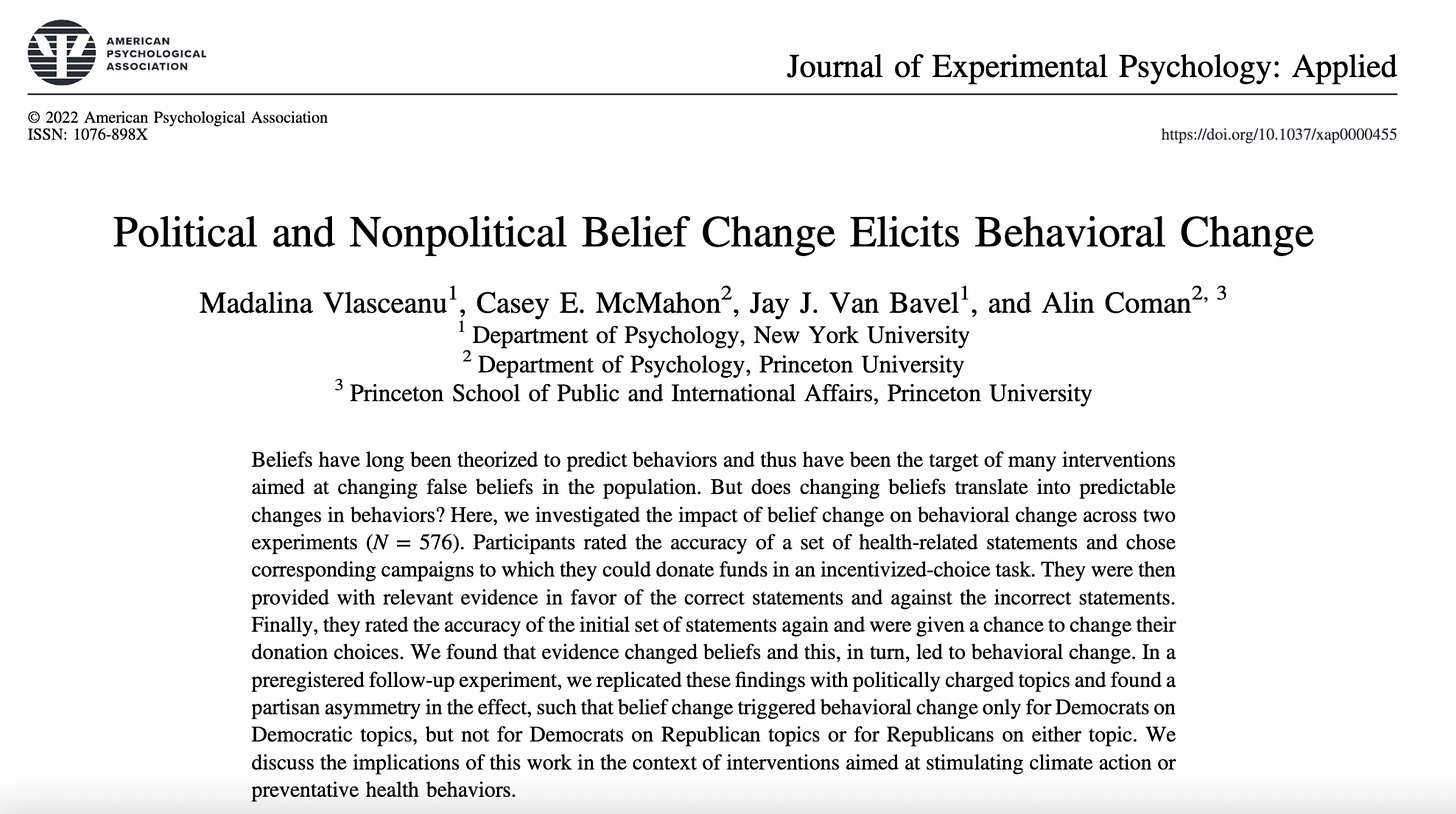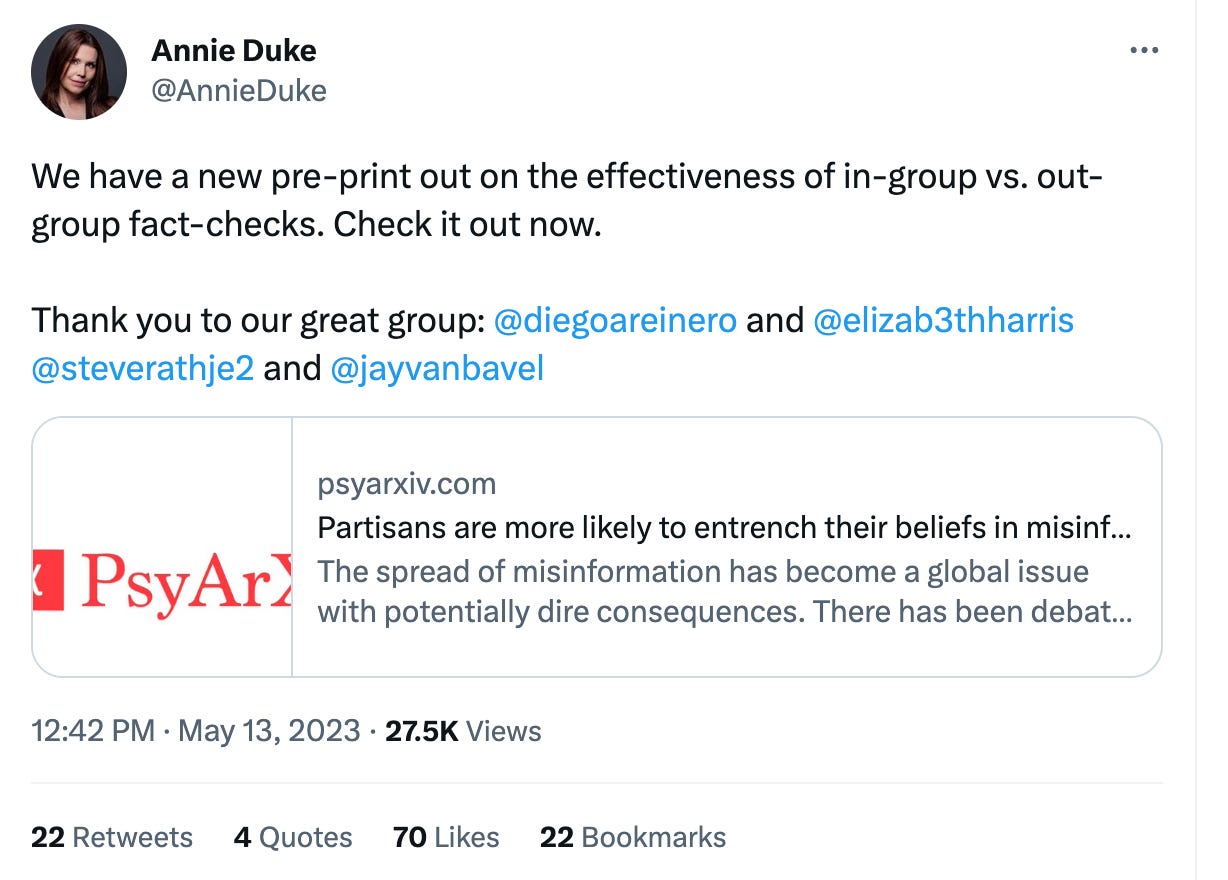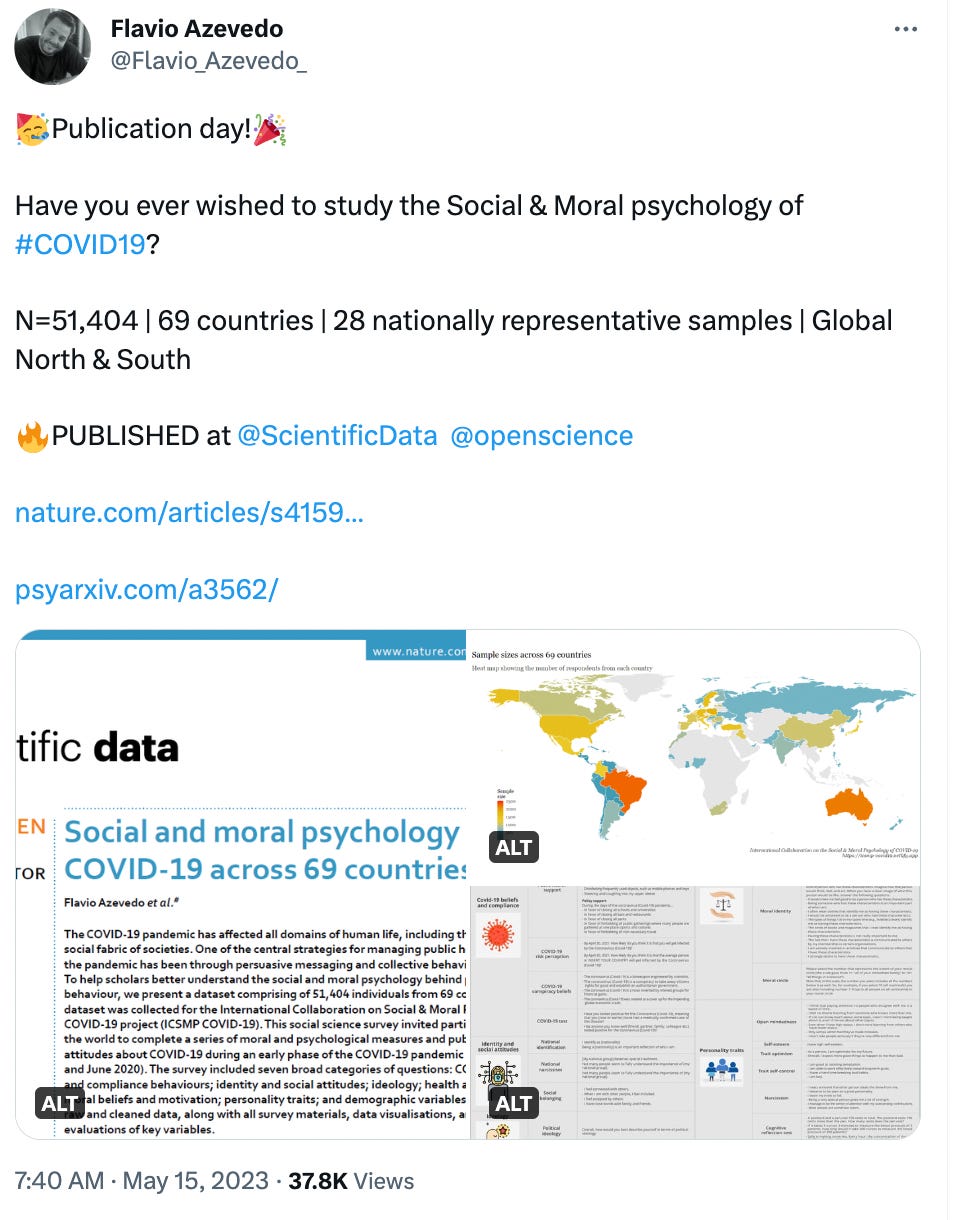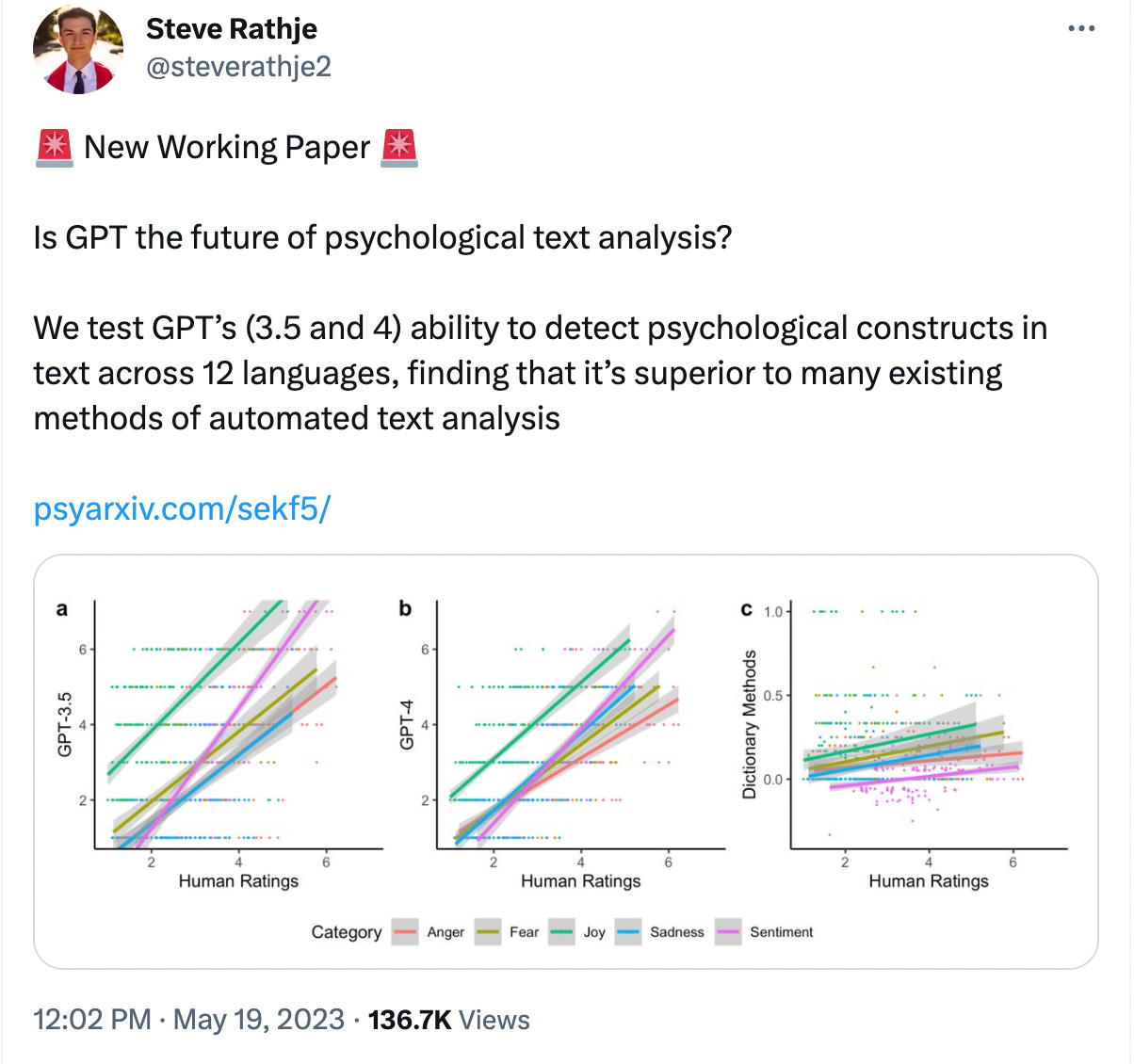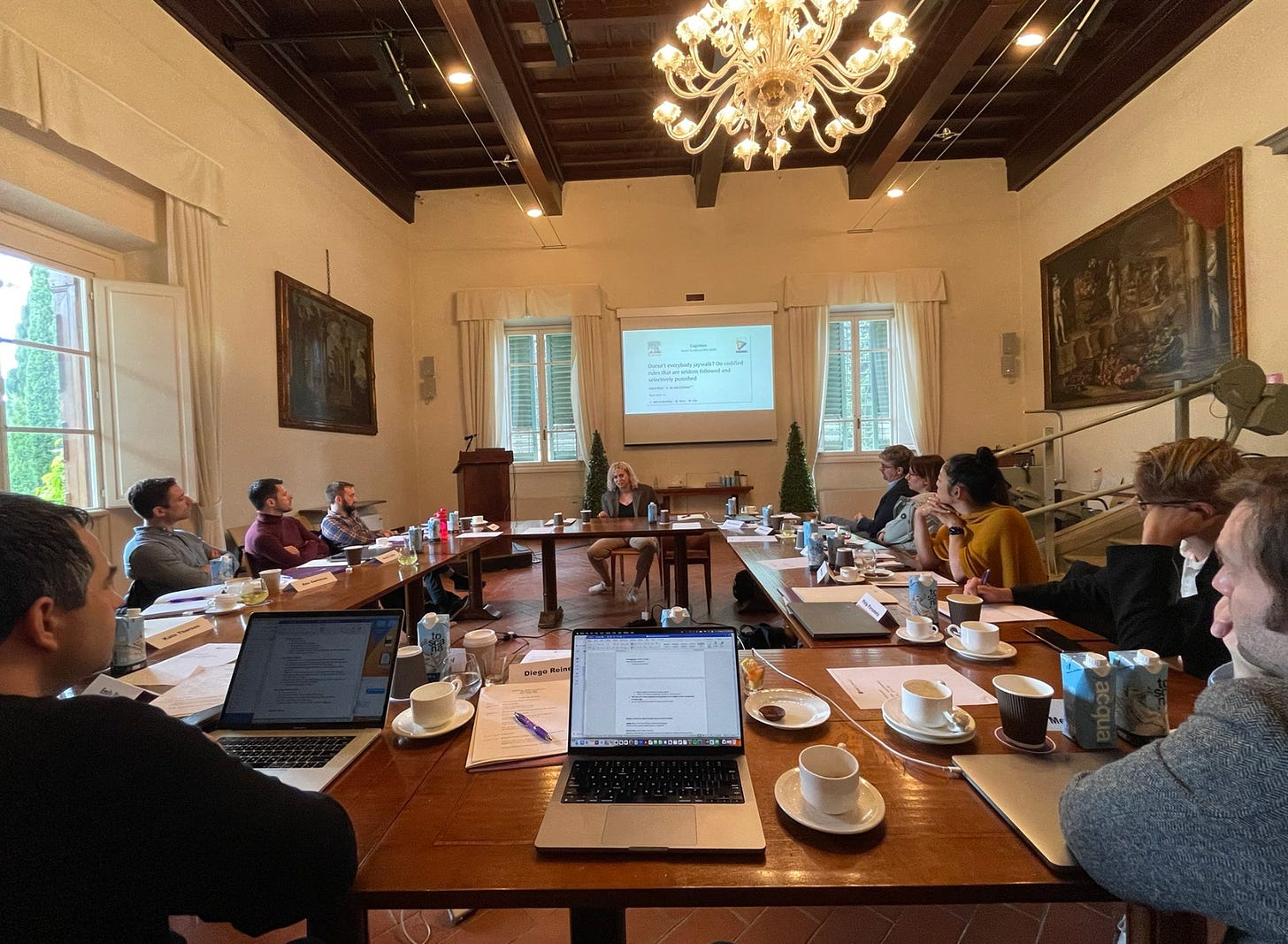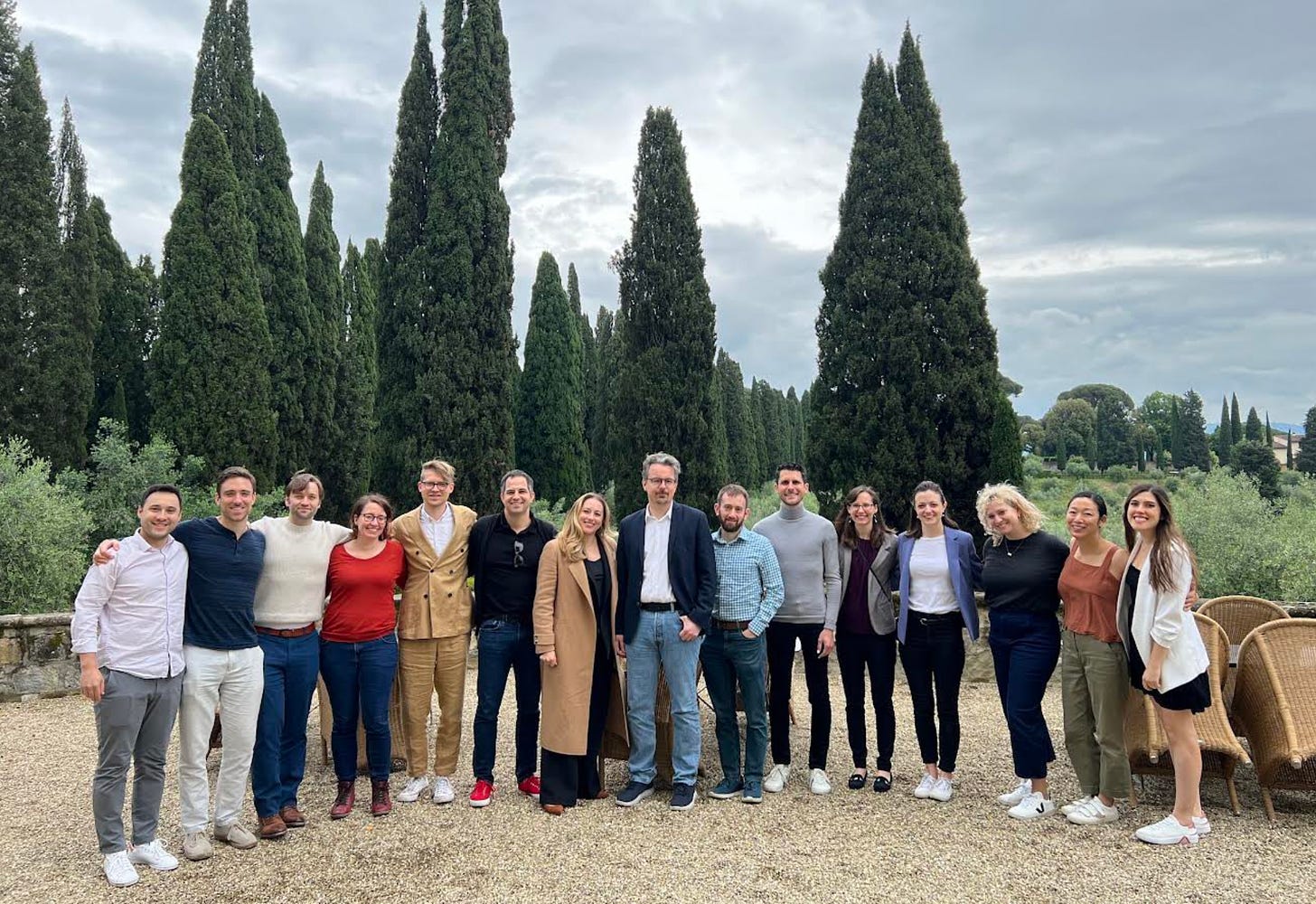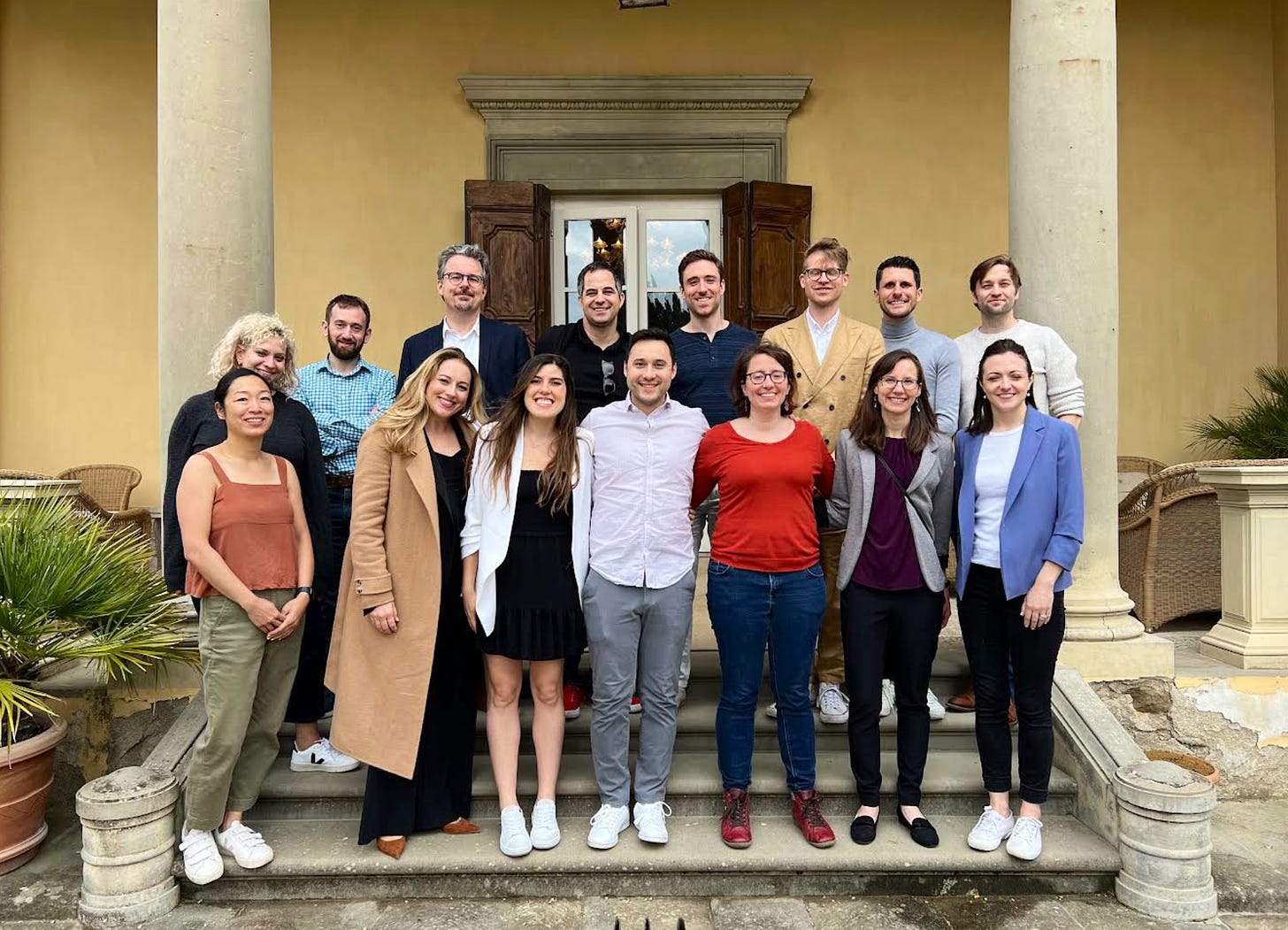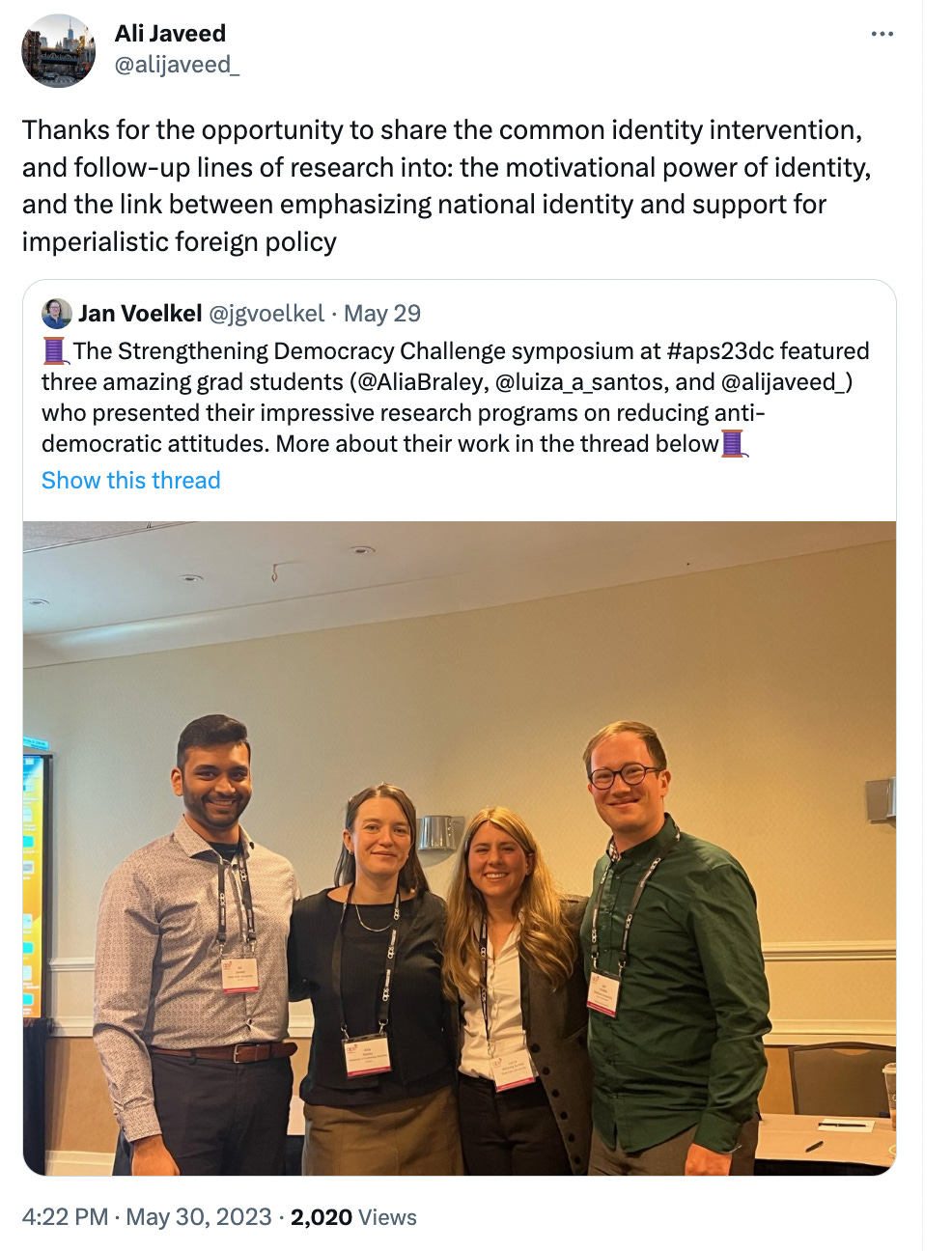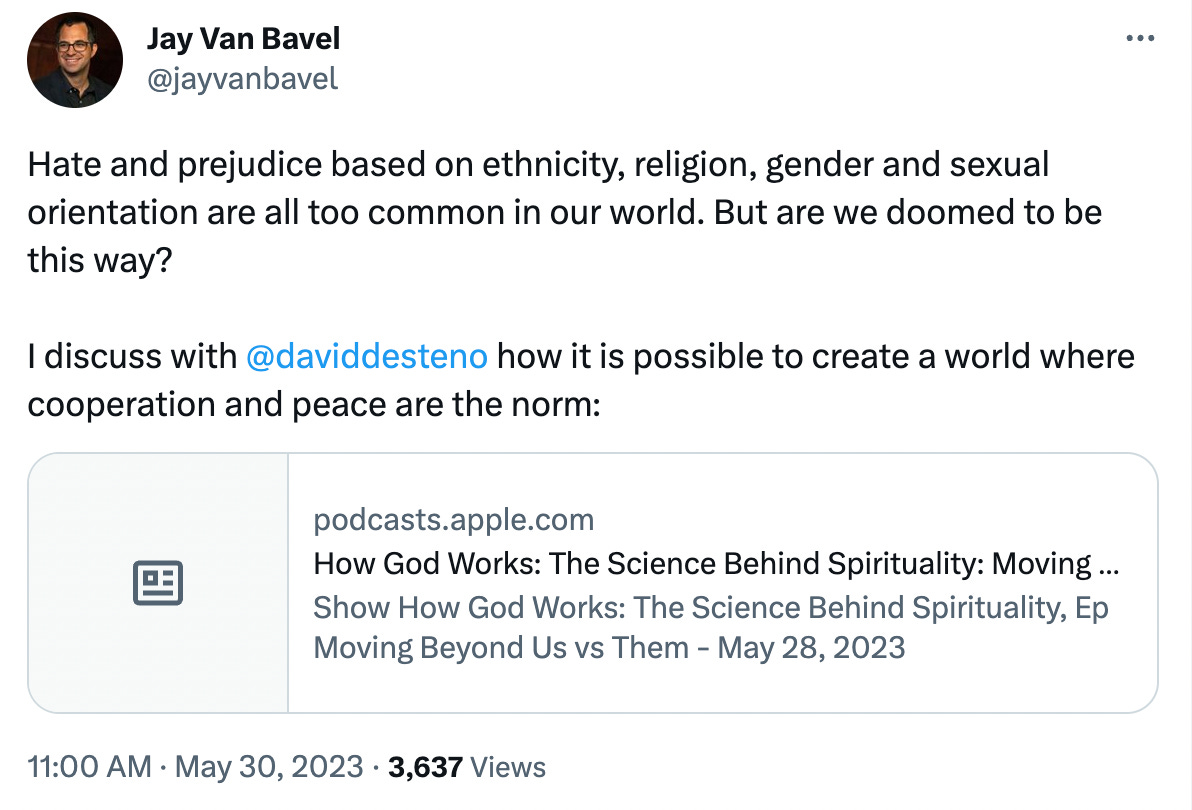Address Societal Challenges with Behavioral Change Strategies
Our new papers on why behavioral change strategies are a critical component in addressing societal challenges, ChatGPT, misinformation, psychology in Pandemic and more.
Behavioral change strategies are a critical component in addressing societal challenges, such as the climate crisis. For example, changing eating habits with more sustainable ones is a critical component in climate mitigation efforts. Perhaps the most commen behavioral change strategy involves changing behavior-relevant beliefs through the presentation of evidence. For example, in an attempt to decrease beef consumption, an intervention could aim at strengthening the belief that eating beef is the least sustainable eating habit. But would strengthening this belief really affect eating behavior?
Banksy, 2009, London, UK.
In a new paper, we investigated the impact of belief change on behavioral change across two experiments (N = 576). People rated the accuracy of a set of statements (politically charged or non-politically charged) and then chose corresponding campaigns to which they could donate funds. They were allowed to keep the funds as a bonus if they didn’t want to engage in the donation behavior. Then, participants were provided with relevant evidence, either in favor or against the original statements. Finally, they rated the accuracy of the initial set of statements again and were given a chance to change their donation choices.
We found that evidence changed people’s beliefs and this change in beliefs led to changes in the donation behaviors. However, this effect differed for political parties, revealing a strong partisan asymmetry in how belief change interventions can trigger corresponding behavioral change. Changing Democrats’ beliefs on Democratic topics (e.g., the threat of climate change) led to corresponding changes in behavior. However, changing Democrats’ beliefs on Republican topics (e.g., the threat of foreign-born terrorists) did not lead to corresponding changes in behaviors, nor did changing Republicans’ beliefs on either topic.
These results suggests that, changing beliefs can change behaviors. However, when it comes to addressing politicized social challenges, such as the climate crisis, employing a belief change strategy to change climate-relevant behaviors will likely only be effective at changing the behaviors of Democrats, and not those of Republicans. Accordingly, we suggest alternative strategies to belief change may be necessary to change Republicans’ behaviors.
Future work could investigate whether interventions based on social norms, social identity, emotional arousal, collective efficacy, moral values or other psychological processes might be more effective in such contexts. This is something we are currently studying around the world with a massive team of collaborators and plan to share in a future newsletter.
You can read the full paper here (or a free preprint here). This paper recently won of the APA Division 21 Raymond S. Nickerson Best Paper of the Year in Journal of Experimental Psychology:Applied) and was conducted by Madalina Vlasceanu, Casey McMahon, Jay Van Bavel, & Alin Coman,
New Papers and Preprints
This month, we have a new preprint from Diego Reinero, Elizabeth Harris, Steve Rathje, Annie Duke and Jay. They found that while corrections can reduce belief in misinformation, the influence of partisanship is five times more powerful. Moreover, fact-checks from political out-group members were 52% more likely to backfire, reinforcing entrenched beliefs. These findings reflect the role of partisan identity in belief formation and the need for nuanced strategies to combat misinformation.
Read the preprint here.
In a new paper, Jay, Steve Rathje, Claire Robertson, Lina Koppel and a group of collaborators (led by Flavio Azevedo) published a dataset gathered from 51,404 individuals across 69 countries during the initial phase of the COVID-19 pandemic. They explored the social and moral psychology behind public health behavior during COVID-19. The dataset provides valuable insights into COVID-19 beliefs, compliance behaviors, identity, social attitudes, ideology, health and well-being, moral beliefs, personality traits, and demographic variables, offering researchers a global perspective on the psychological aspects of the pandemic. The data is free for anyone to analyze so please feel free to study it yourself.
Read the paper here.
We also have a new working paper by Steve Rathje, Dan-Mircea Mirea, Ilia Sucholutsky, Raja Marjieh, Claire Robertson and Jay. The paper explores the use of GPT, the language model behind ChatGPT, for automated psychological text analysis in multiple languages. Through testing on 15 datasets containing over 31,000 manually annotated tweets and news headlines, the study finds that GPT performs *much better* than traditional dictionary-based methods and rivals fine-tuned machine learning models in accuracy. This study reveals the potential of GPT being a promising tool for automated text analysis in psychology, facilitating cross-linguistic research and expanding studies to understudied languages in the future.
Check out the paper here.
Conferences and Public Outreach
This month, Jay and Tessa West successfully hosted the 2023 Open Minds Conference at the NYU Florence campus. What a great way to kick start the summer with amazing conversations and fresh ideas. It was also the best lab party we have ever hosted—with former students and postdocs from the past 14 years getting together to share ideas, explore Florence, and eat delicious Italian food! If you join the lab, we plan to host more events like this in the future.
At 2023 APS Annual Convention, Ali Javeed presented his research on reducing anti-democratic attitudes at The Strengthening Democracy Challenge symposium.
Jay recently went on air with David DeSteno, discussing the mechanism behind group conflict and how to avoid it. Listen to the full episode here to learn more.
As always, if you have any photos, news, or research you’d like to have included in this newsletter, please reach out to the Lab Manager (nyu.vanbavel.lab@gmail.com) who writes our monthly newsletter. We encourage former lab members and collaborators to share exciting career updates or job opportunities—we’d love to hear what you’re up to and help sustain a flourishing lab community. Please also drop comments below about anything you like about the newsletter or would like us to add.
That’s all, folks—thanks for reading and we’ll see you next month!





